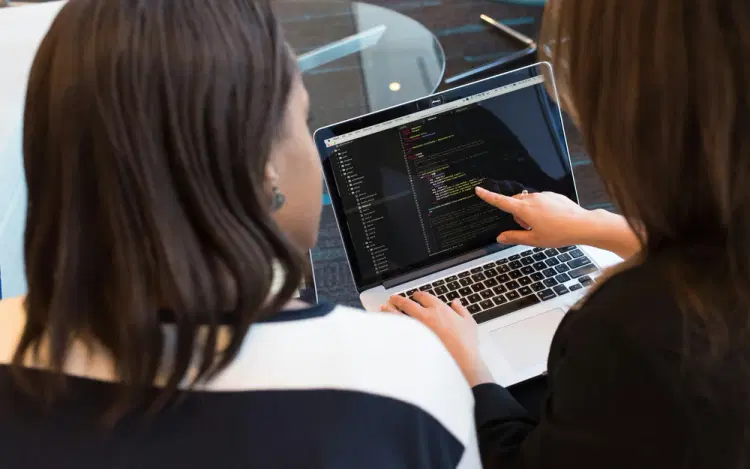
- The decade spanning from 2010 to 2019 was a transformative period in the evolution of startup fundraising.
- Venture capital investment soared to unprecedented heights, surpassing $1 trillion, while alternative funding platforms like equity crowdfunding and ICOs offered new avenues for capital raising.
- However, challenges such as economic volatility, regulatory uncertainty, and the risk of down rounds served as constant reminders of the complexities inherent in the startup funding landscape.
As we step into the realm of startup funding over the past decade, the years between 2010 and 2019 stand as a testament to the dynamic nature of entrepreneurship and investment. Against the backdrop of rapid technological advancement, economic fluctuations, and regulatory developments, startups embarked on a journey fraught with both challenges and opportunities in securing the necessary capital to fuel their growth and innovation. Delving into the intricacies of how startups raised funds during this period unveils a multifaceted landscape shaped by a diverse array of funding mechanisms, investor sentiments, and market dynamics.
Venture capital emerged as a dominant force in the startup ecosystem during the 2010s, with total investments skyrocketing to unprecedented levels. According to data compiled by PitchBook and the National Venture Capital Association (NVCA), venture capital funding in startups surpassed $1 trillion over the course of the decade. This surge in investment activity was fueled by a combination of factors, including the proliferation of disruptive technologies, the emergence of new market opportunities, and the growing appetite for high-growth, high-risk investments among venture capitalists.
The rise of mega-rounds and unicorn startups became defining features of the startup funding landscape during the 2010s. Venture capital-backed startups commanding valuations of $1 billion or more, colloquially known as unicorns, captured headlines and investor attention, fueling a frenzy of investment activity. Mega-rounds, defined as funding rounds exceeding $100 million, became increasingly common as startups sought to scale rapidly and establish market dominance in their respective industries.
However, alongside the surge in venture capital investment, the decade also witnessed the emergence of alternative funding platforms offering new avenues for startups to raise capital. Equity crowdfunding, enabled by regulatory changes such as the JOBS Act, democratized access to investment opportunities for both accredited and non-accredited investors. Platforms like SeedInvest, AngelList, and Crowdcube provided startups with a platform to showcase their businesses and raise capital directly from a broader pool of investors, bypassing traditional venture capital channels.
Another notable development in the fundraising landscape during the 2010s was the advent of initial coin offerings (ICOs) as a fundraising mechanism for blockchain and cryptocurrency startups. ICOs allowed startups to raise funds by issuing digital tokens or cryptocurrencies, often in exchange for existing cryptocurrencies like Bitcoin or Ethereum. While ICOs initially gained traction as a novel and innovative way to raise capital, regulatory scrutiny and concerns over fraud and investor protection prompted increased regulatory oversight, leading to a decline in ICO activity towards the latter half of the decade.
Despite the influx of capital and the proliferation of new funding mechanisms, startups in the 2010s faced their fair share of challenges. Economic downturns, geopolitical tensions, and regulatory uncertainties periodically disrupted the investment landscape, impacting investor sentiment and fundraising activity. Moreover, the rise of so-called "down rounds," where startups raised funds at a lower valuation than their previous funding round, underscored the inherent risks and uncertainties inherent in the startup journey.






